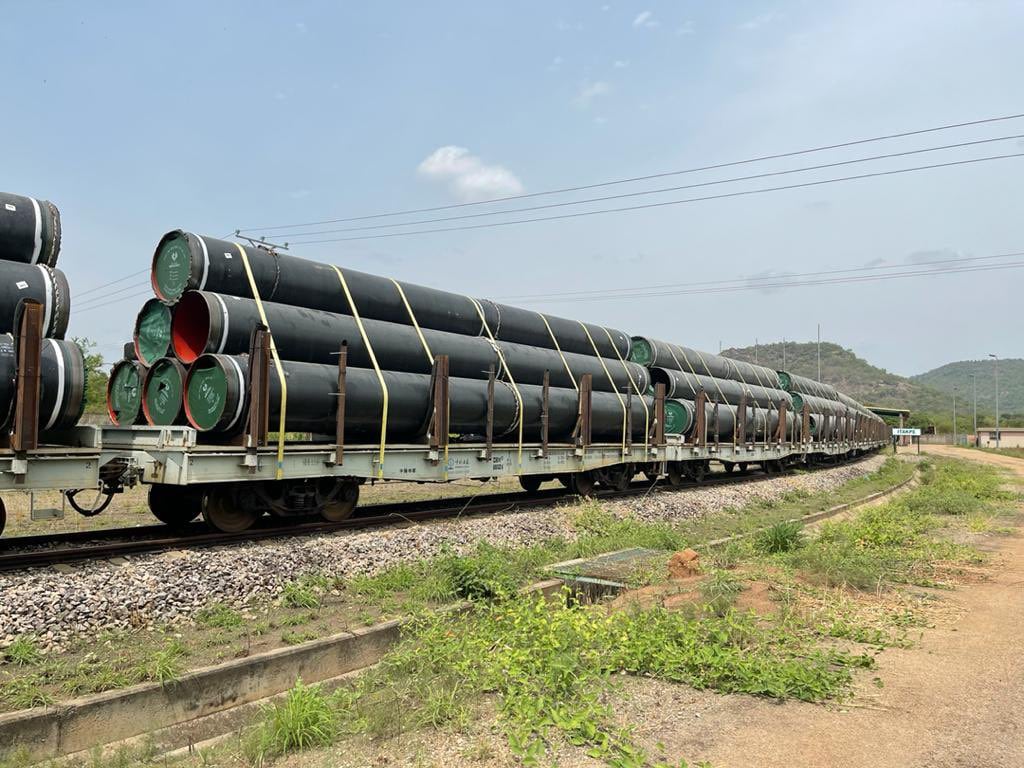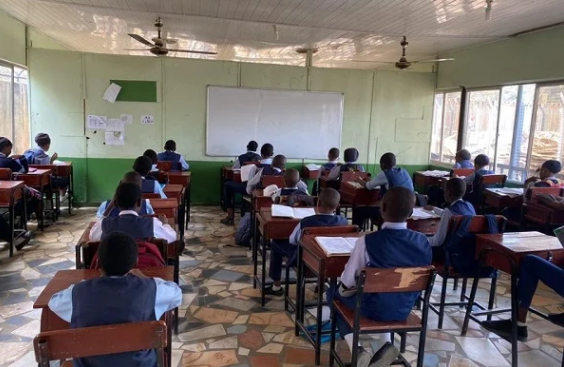BY SALISU NA’INNA DAMBATTA
The Ajaokuta-Kaduna-Kano gas pipeline, otherwise known as AKK, promises to be a true game changer in the economic development of the country, especially northern Nigeria. Its game-changing impact is encompassed in its designed purpose of delivering natural gas for multiple uses.
The gas pipeline spans a length of 614 kilometres, running from Ajaokuta to Kano. The project cost is estimated at $2.8 billion. And it is a segment of the Trans-Nigeria Gas Pipeline (TNGP) and the Trans Saharan gas pipeline project.
The AKK represents a practical manifestation of the concept of the public sector collaborating with the private sector in a partnership to achieve a major national goal. The project is being implemented through a Build and Transfer (BT) Public-Private Partnership (PPP) model. The contractor is providing 100 per cent funding
The pipeline project traverses four states namely Kogi, Niger, Kaduna Kano and the Federal Capital Territory (FCT). It will pass by Zaria, an important city the inhabitants of which will equally benefit from the over 2.2 billion cubic feet of gas it will deliver daily for domestic consumption.
Advertisement
The AKK is a game-changing project given the countless benefits it will bring to Nigerians. The promoters of the project said in a document that it “will provide gas for generation of power and for gas-based industries which would facilitate the development of new industries”. Another benefit is that “it will ensure the revival of moribund industries along transit towns in Kogi state, Abuja (FCT), Niger state, Kaduna state and Kano state”.
One more benefit is that “it has significant job creation potential both direct and indirect while fostering the development and utilisation of local skills and manpower, technology transfer and promotion of local manufacturing”.
While flagging off the AKK project 13 months ago on June 30, 2020, President Muhammadu Buhari emphasised one of its critical benefits thus: “When completed, the AKK Gas Pipeline Project will provide gas for generation of power and for gas-based industries which would facilitate the development of new industries and also the revival of moribund industries along transit towns in Kogi state, Abuja (FCT), Niger state, Kaduna state and Kano state.”
Advertisement
The details on the power generation aspect mentioned by President Muhammadu Buhari indicate that the power generation will be at three new thermal power generation plants which will be located in Abuja, Kaduna and Kano, with 1,350 MW, 900 MW and 2,350 MW capacity respectively.
The pipeline “would enable the injection of 2.2 billion square cubic feet of gas daily into the domestic market. And, as stated earlier, it will facilitate additional power generation capacity of 3,600MW”.
When these three power generation plants become operational, some of the factories that were forced to scale down their operations or shut down completely due to poor on-site and national grid power supplies, are likely to come back to life. And this implies the return of economic activities, with all the benefits that bring.
Yet another value from the AKK project is its potential to support the development of industries based on petrochemicals, fertilizer production, methanol processing and more gas-based industries that are capable of generating job opportunities and boosting economic growth in the country. This is after reducing gas flaring in the Niger Delta area of our country.
Advertisement
Being part of the strategic 4,128 kilometre Trans-Saharan gas pipeline designed to deliver Nigerian gas to the European Union markets via Algeria., its intra-African economic and technical cooperation status is equally of immense value toward integrating African economies. It is believed that the pipeline will compete favourably with other gas pipelines which feed the West European market.
The scope of the project shows that the total length of the Trans-Saharan gas pipeline from the Nigerian start-point to the terminal in Spain is 4,400km. The segment within Nigeria is 1,037 kilometres; the portion in the Republic of Niger is 853 kilometres while its length in Algeria is 2,310 kilometres plus 220 kilometres from the Algerian border to the terminal in Spain. Its initial cost was estimated at $10 billion.
The African Union Development Agency ( AUDA-NEPAD) says on its website that, “it (the pipeline) will have an estimated annual capacity of 30 billion cubic litres of natural gas”. For Nigeria, it means another pipeline for earning foreign exchange to finance development in Africa’s biggest economy and largest democracy.
AUDA-NEPAD explains other dimensions of the project, “the pipeline will be built through a partnership between the Nigerian National Petroleum Corporation (NNPC) and Algeria’s Sonatrach, together holding 90% of the shares, and the Niger National Oil Company holding 10%. The pipeline will ensure closer co-operation and integration between neighbouring countries”.
Advertisement
The Muhammadu Buhari-led administration elected on the platform of the All Progressives Congress (APC) is poised to deliver an important legacy project when it succeeds in carrying the AKK segment of the Trans National, cum Trans-Saharan, Gas Pipeline project through. It is achievable. And the work ought to be implemented at a faster pace.
Advertisement
Views expressed by contributors are strictly personal and not of TheCable.
Add a comment






